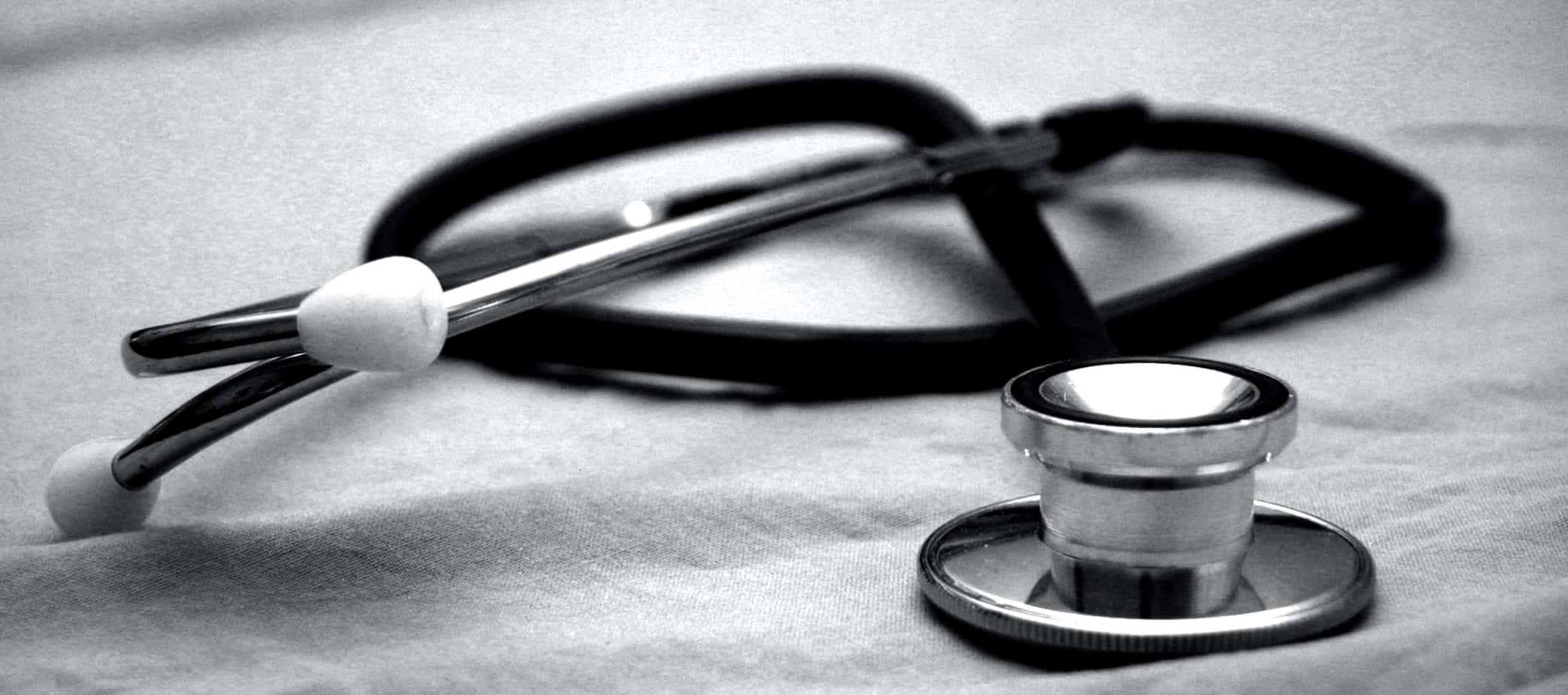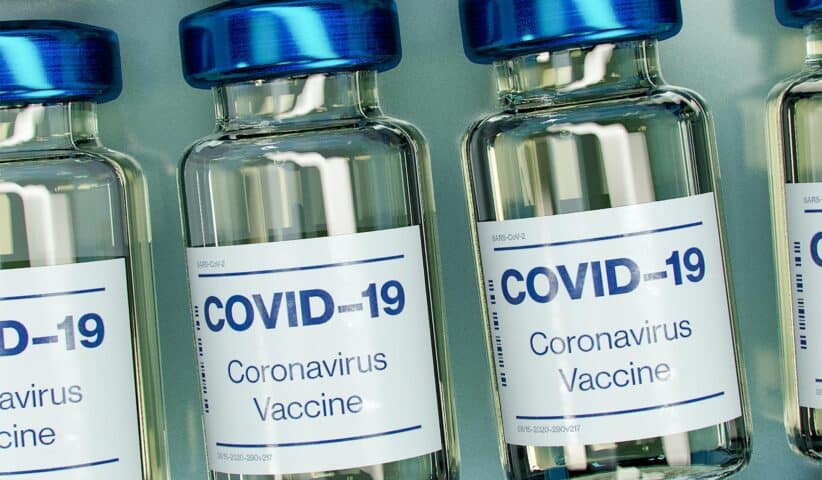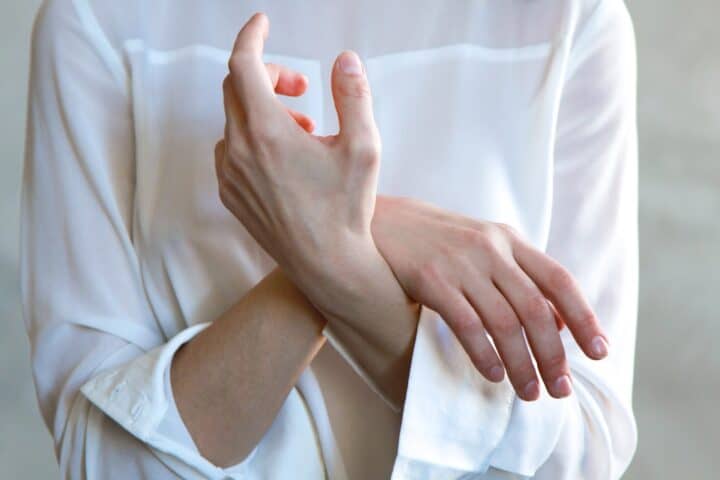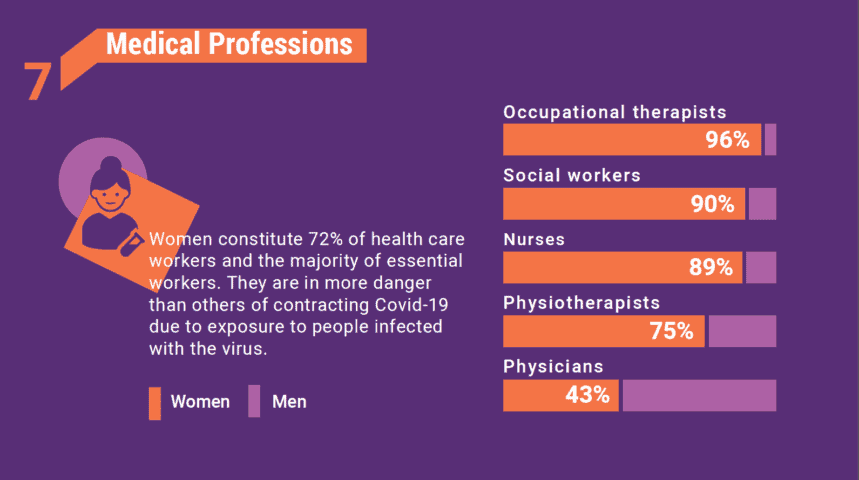Beyond lockdown: bioethics during the coronavirus crisis
Yael Shalev-Vigiser | 16.09.2020 | Photo: Unsplash

The current data indicate that while this is being written more than 29 million people around the world have contracted the coronavirus and more than 900,000 have died of it. Israel, like many countries in the world, is experiencing a so-called “second wave” of the disease. On that backdrop there is an ongoing dispute between those who support a general lockdown for the protection of the entire public, and those who oppose it in the name of individual freedoms.
In an article published last August in the journal Bioethics, Dr. Hagai Boas and Prof. Nadav Davidovitch discuss the present crisis. The article offers an analysis through which the lockdown dispute can be understood as representing two different ethical approaches: liberal bioethics versus public health bioethics. Whereas liberal bioethics emphasizes the individual's liberty, rights and personal choices, public health bioethics emphasize more collective values such as solidarity and the common good.
Until the outbreak of the current pandemic, liberal bioethics prevailed in the medical world, and the connection between society and health was perceived mainly in individual terms – the rights of the patient and the duties of the physician towards the patient personally. But it seems that in recent months growing attention is being given to public health bioethics, according to which the subject is not only the individual person whose rights must be protected, but also the population whose health must be protected. In the coronavirus era, the connection between healthcare and society is defined by the goals of prevention and containment and of community resilience on all levels. The gaps in the access of different populations to basic services such as sanitation, water, electricity and medical care are at the basis of this bioethical trend. In fact, the leaders of this trend take into account not only the health aspects but also the social, economic and political dimensions of the pandemic.
The Covid-19 crisis is changing the world order, but it is hard to predict the new reality that will be born out of the present disarray. At the end of the crisis will liberal bioethics return to its status as the leading normative logic? Or will the coronavirus herald a paradigmatic change and new systemic thinking about health and illness, and accelerate the establishment of public norms and activities in order to deal with health challenges the individual cannot face alone?
Time will tell, and until then we offer further reading about public health expenditure in Israel, and more comprehensively about state responsibility and the boundaries between the public and the private in health and other areas. You can also view a lecture about the quality of health in Israel (in Hebrew) that took place at the VLJI 13 years ago, most of which appears to be still relevant.




